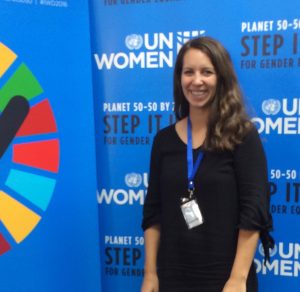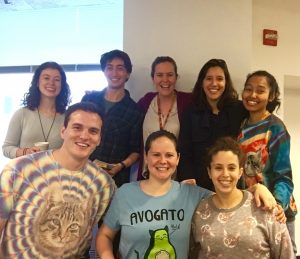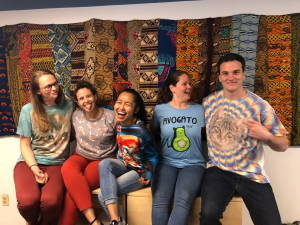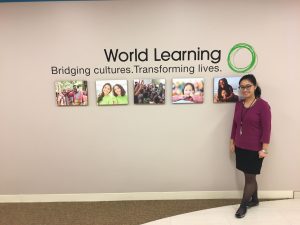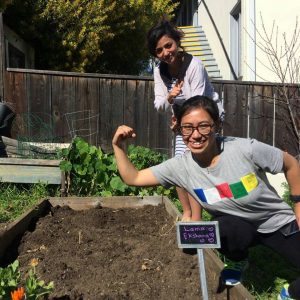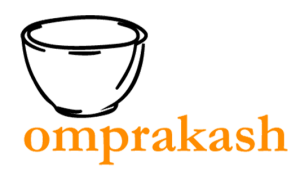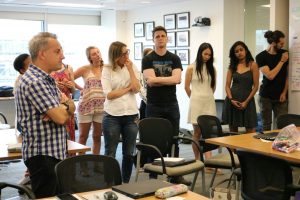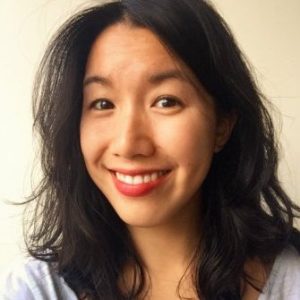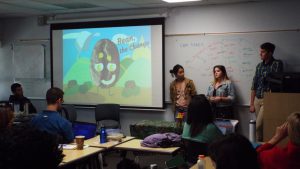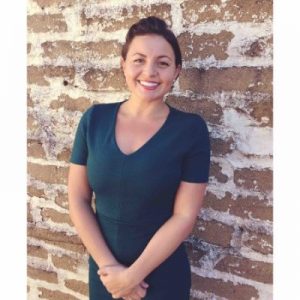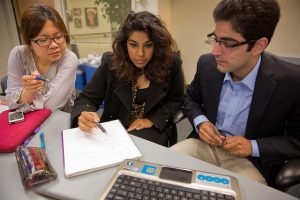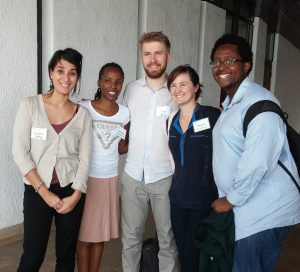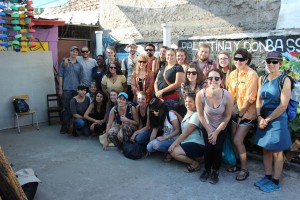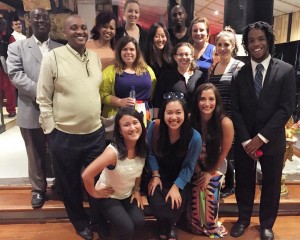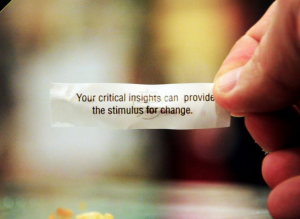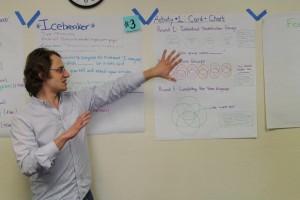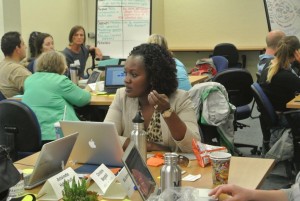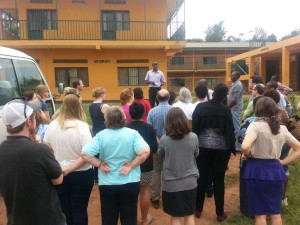Friday, December 7th, 2018
DPMI+ Spotlight: Kelly Zimmerman
Tell us a little about yourself!
I am a second year IPD student at MIIS currently wrapping up a six-month DPMI+ Fellowship in Bangkok, Thailand with the UN Women Independent Evaluation Service (IES) at their Regional Office for Asia and the Pacific. I served the Regional Evaluation Specialist Sabrina Evangelista as a Freeman Foundation Fellow to East Asia supporting Program Evaluation.
How did you find UN Women? Why were you interested in working with them?
UN Women has always been on my radar as an organization I wanted to understand better from the inside to determine if it would be a fit for me. The posting for this position was shared by a member of the MIIS CACS team and further endorsed by two recent MIIS alums who also did DPMI+ placements with UN Women before being hired on as full-time consultants.
Why did you choose to go abroad for your internship, rather than stay within the US?
Unlike many of my peers at MIIS, I haven’t spent years living and working within the development context from a remote village or bustling urban center at all ends of the earth. While my work was international in nature, I was often bound to a desk wishing I had more primary experiences in the geographies I was focused on and with the communities I wanted to serve. Leveraging various immersive learning opportunities at MIIS to conduct research and engage in learning abroad has been a very important part of my graduate school journey.
What courses at the Middlebury Institute helped prepare you the most for your current position?
The Women and War workshop offered by Dr. Iyer was one of the most personally meaningful classes I’ve taken so far at MIIS. It was my impression that my colleagues liked it as well, to varying degrees, but that we universally appreciated and valued the difficult conversations that it sparked between us, exposing the rare and beautiful gray space that exists amidst the head-nodding that can overtake an environment with so many like-minded students. A regret, perhaps, is that the male perspective was largely absent from these incredible debates and discussions, as gender and power relations are at the core of almost all development work (ahem, fellas, register for this class!).
In a very practical sense, I also gained invaluable exposure to tools and theories that I used every day at UN Women from the Program Evaluation Sprintensive Module offered by Dr. Levinger.
What projects did you work on? How did they relate to your personal mission?
I had the sincere pleasure of working for a supervisor that blessed me with a blend of guidance and autonomy throughout my time on assignment. I was empowered to make meaningful contributions to a regional evaluation assessing UN Women’s organizational architecture as well as in drafting the 2019-2021 Regional Evaluation Strategy for Asia and the Pacific. Both of these bodies of work provided me with a wide lens to better understand the complex nature of the global development system and how to work towards achieving results within a decentralized context.
What lessons or skills did you learn “on the job?”
Regardless of where you’re coming from professionally when you arrive at MIIS or your DPMI+ Fellowship, it is extremely likely that your skills will translate. You absolutely don’t need to have lived in a remote village for years to make meaningful contributions to class discussions or a development organization as a DPMI+ Fellow. In fact, I found that having spent several years operating outside of the development space in the private sector was an asset, allowing me to share a different perspective and offer a complementary skillset to peers who shared very similar backgrounds to each other.
What are your plans now that you have completed your time at UN Women?
After slowly and methodically proofreading my final DPMI+ deliverables before I submit them, I will fly home for a few weeks before returning to Monterey to complete my last semester at MIIS.
Would you recommend DPMI+ to other MIIS students?
The DPMI experience allows for an incredible array of opportunities and comes with an amazing network of alumni around the world doing great work. I would absolutely recommend building on the DPMI experience through a DPMI+ Fellowship abroad.
I would specifically recommend reaching out to UN Women in Bangkok if you are interested in Program Evaluation!
Thanks Kelly!
If you would like to know more about DPMI+, please email dpmiplus@middlebury.edu or visit here.
